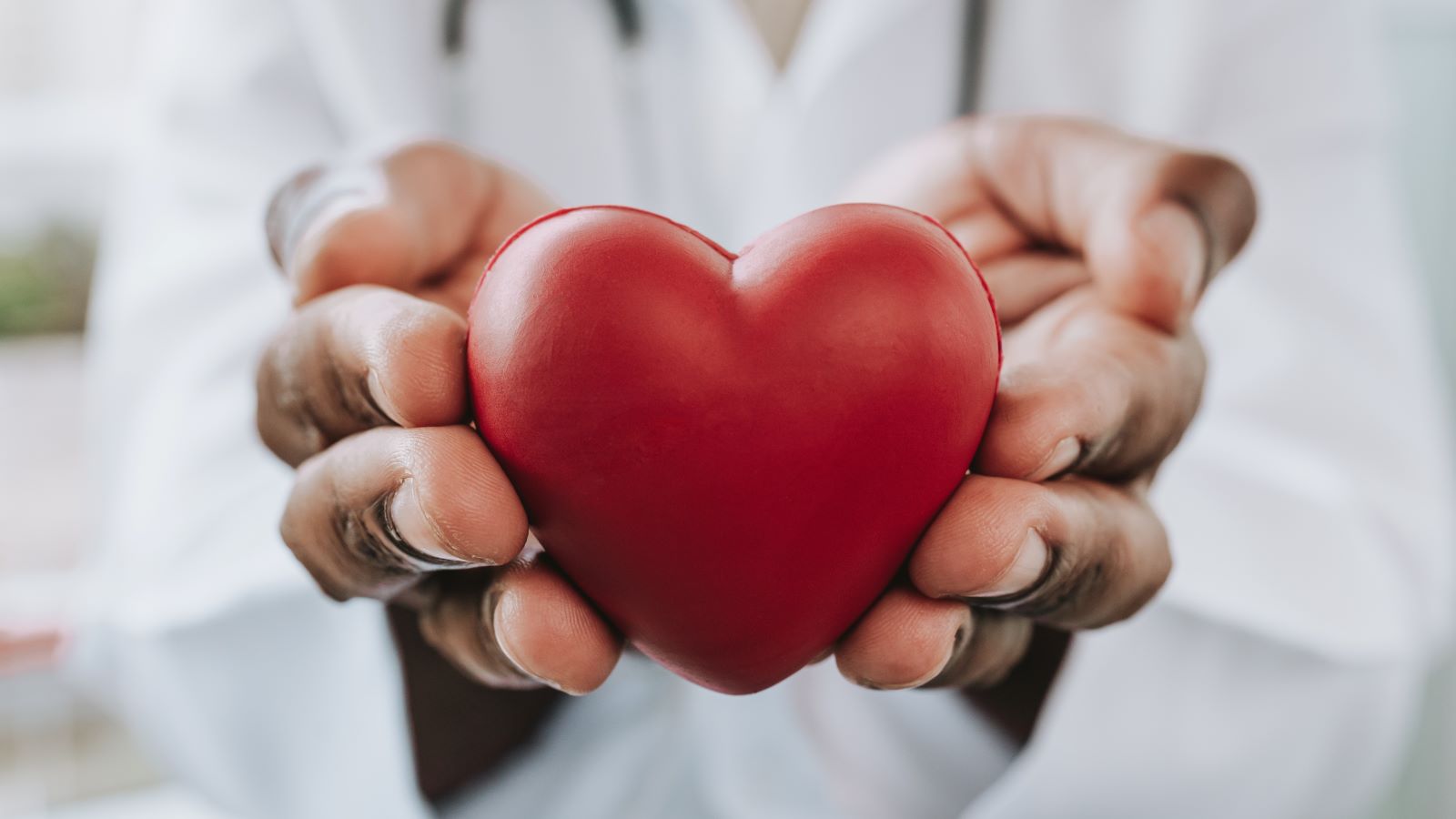Stress doesn’t just mess with your mood – it can strain your heart in serious ways.
“Most people don’t realize how closely stress and heart health are connected,” says Marcin Dada, MD, a cardiovascular medicine specialist with the Hartford HealthCare Heart & Vascular Institute at The Hospital of Central Connecticut. “Even if you’re young or don’t have traditional risk factors, chronic stress is linked to higher blood pressure and heart disease risk.”
Here’s how stress affects your heart, how to recognize the signs and how to protect yourself.
What happens to your heart when you’re stressed?
When you’re stressed – whether from work deadlines, family responsibilities or daily life – your body shifts into “fight or flight” mode. It releases hormones like adrenaline and cortisol, which raise your heart rate, increase blood pressure and speed up your breathing.
“That response is natural, and even helpful in short bursts,” says Dr. Dada. “But when it becomes constant, it puts real wear and tear on your cardiovascular system.”
> Related: What Your Cholesterol Numbers Mean
Short-term effects of stress.
In the moment, stress can cause noticeable changes in how your heart feels and functions:
- Chest tightness or discomfort.
- Fast or irregular heartbeat.
- Spike in blood pressure.
“These symptoms can feel a little scary,” adds Dr. Dada. “But they are your body’s way of telling you it’s overwhelmed.”
> Related: 8 Heart-Healthy Snacks to Keep You Going
Long-term effects of chronic stress.
Over time, chronic stress can impact your heart health:
- Heart condition flare-ups: Stress can trigger symptoms or make existing conditions worse.
- Higher heart disease risk: It can raise your blood pressure and affect cholesterol levels, which contribute to plaque buildup.
“It’s not just what stress does to your body,” says Dr. Dada. “It can also lead to habits – like skipping workouts or stress eating – that make heart health even harder to manage.”
If chest pain or shortness of breath is new, severe or lasts more than a few minutes, call 911.
Want a Weekly Dose of Health News?
Broken heart syndrome is real.
It’s called stress cardiomyopathy – or broken heart syndrome – and intense stress can mimic a heart attack.
“Patients come in with chest pain, shortness of breath or even signs of heart failure,” explains Dr. Dada. “But when we check their arteries, they’re clear. The heart muscle has simply weakened, often after a major emotional or physical shock.”
Most people make a full recovery, but complications can happen – which is why follow-up care is so important.
> Related: 5 Heart-Healthy Exercises to Do Today
How to protect your heart from stress.
Small steps can make a big difference.
“You don’t have to overhaul your life overnight,” says Dr. Dada. “Start with a few healthy habits and build from there.”
Try these:
- Eat more fruits, veggies, lean proteins and whole grains.
- Go for a daily walk or other light exercise.
- Do something every day that brings you joy.
- Try deep breathing, yoga or meditation.
- Get enough sleep to help your body reset.
- Stay in touch with friends, family or support groups.
> Related: 7 Packed Proteins to Add to Your Diet
Don’t ignore the signs.
Stress might feel like part of everyday life – but if it’s causing physical symptoms, it could signal a heart problem.
Get emergency care if you notice:
- Chest pain.
- Dizziness or fainting.
- Palpitations.
- Shortness of breath.
And even if you’re safe, look at the bigger picture. Managing stress is just as important as managing blood pressure or cholesterol – and both matter for your long-term heart health. That’s because stress affects your heart in more ways than one — from how it beats in the moment to how it stays healthy over time.
“The heart and mind are connected,” says Dr. Dada. “By caring for your mental health, you’re protecting your heart – and your overall well-being. We’re here to help with the right support, tools and treatments.”



